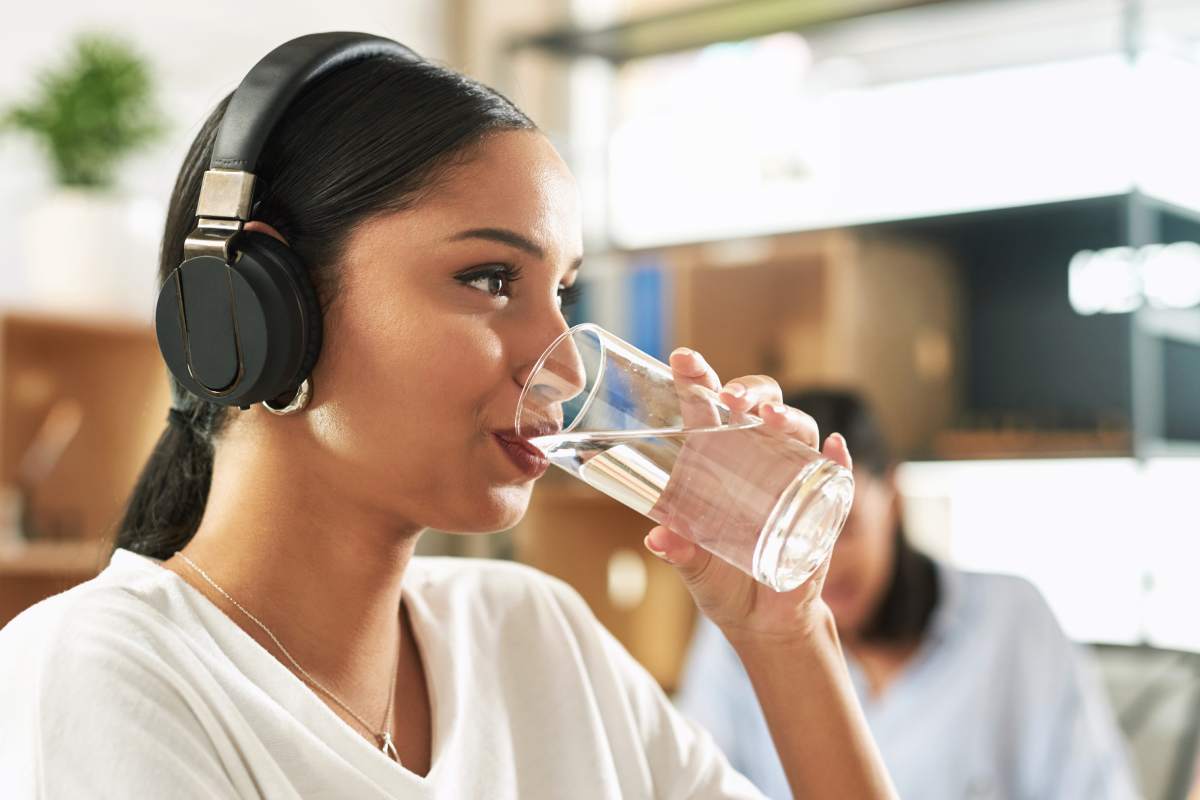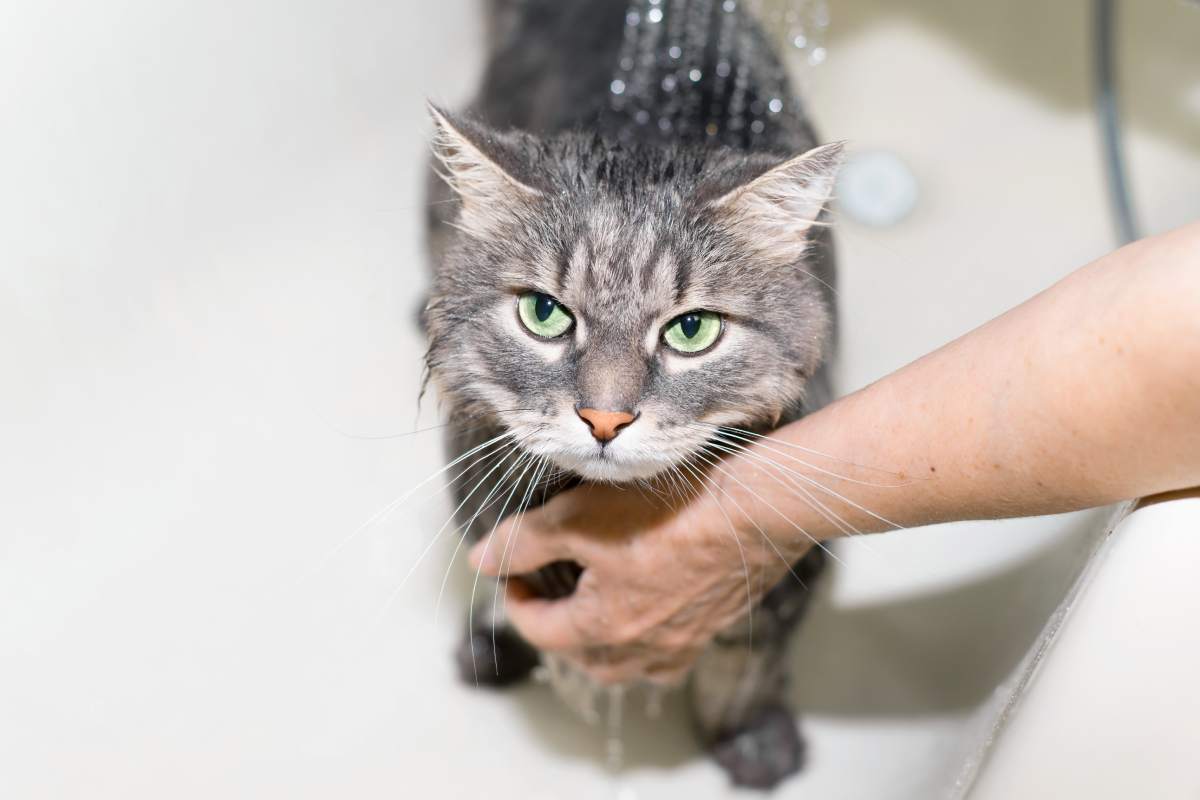Water is often referred to as the “elixir of life” for good reason. It is essential for human survival, making up around 60% of our body weight and playing a crucial role in almost every bodily function.
We drink it, bathe in it, cook with it, and depend on it for everything from hydration to temperature regulation. However, the question arises: is there anything that could truly be substituted for water? The simple answer is “no,” but there are several alternatives that can contribute to hydration or serve specific purposes, depending on the context.
In this article, we’ll explore the potential substitutes for water, their uses, and why water remains irreplaceable.
Why Water is Irreplaceable
Before discussing possible substitutes, it’s important to understand why water holds such a unique position in sustaining life. Water is crucial for:
- Hydration: It is the primary component of blood, helping transport nutrients and oxygen to cells and removing waste products.
- Cellular Functions: Every cell, tissue, and organ requires water to function properly. Water is vital for digestion, absorption, and even the regulation of body temperature.
- Detoxification: It aids in flushing out toxins from the body through sweat, urine, and bowel movements.
- Joint Lubrication and Cushioning: Water helps cushion joints and protects sensitive tissues like the spinal cord.
Given these functions, it becomes clear that no other liquid can perform all of the roles that water does. Still, some alternatives can replace water in certain situations or complement its role.
Hydration Alternatives
When it comes to staying hydrated, several drinks can provide the body with essential fluids. While none of them are a complete substitute for pure water, they can supplement water intake under specific conditions:
Electrolyte-Enhanced Drinks
Electrolyte drinks, such as sports drinks and rehydration solutions, are often used by athletes or individuals suffering from dehydration due to illness. These drinks contain water mixed with electrolytes (salts), such as sodium, potassium, and magnesium, which help maintain fluid balance in the body.
- Pros: Effective for rehydration after intense physical activity or fluid loss from diarrhoea and vomiting.
- Cons: Some electrolyte drinks contain added sugars, artificial flavours, or colours, which may not be suitable for daily hydration.
Coconut Water
Coconut water is a natural electrolyte drink and has become popular as a hydration booster. It contains minerals such as potassium, magnesium, and calcium, making it a good option for rehydrating after exercise.
- Pros: Low in calories, naturally hydrating, and contains fewer sugars compared to sports drinks.
- Cons: Coconut water doesn’t contain enough sodium for rehydration during heavy sweating and can be expensive if consumed regularly.
Herbal Teas
Herbal teas, made by steeping herbs, flowers, or spices in hot water, are another source of hydration. Popular choices include chamomile, peppermint, and hibiscus tea.
- Pros: Hydrating with added health benefits depending on the type of herb used (e.g., chamomile for relaxation or peppermint for digestion).
- Cons: Some herbal teas may act as diuretics, causing increased urination and potential fluid loss.
Milk
Both full-fat and skim milk are highly effective in hydration due to their water content, alongside proteins, fats, and sugars, which help slow down fluid loss.
- Pros: Provides essential nutrients like calcium and vitamin D along with hydration.
- Cons: Milk is calorie-dense, so it’s not the best option for those looking to avoid extra caloric intake.
Fruits and Vegetables
Fruits and vegetables with high water content, such as cucumbers, watermelon, oranges, and strawberries, can contribute to daily hydration. Eating water-rich foods can provide fluids alongside essential vitamins and nutrients.
- Pros: Provides hydration along with fibre, vitamins, and antioxidants.
- Cons: Doesn’t replace the need for drinking fluids directly.
When Water Isn’t Readily Available
There may be scenarios where access to clean, drinkable water is limited, such as during natural disasters, camping trips, or outdoor activities. In these cases, finding suitable substitutes for water becomes essential. Here are some alternatives that can be used in survival situations:
Snow and Ice
In a survival scenario, snow and ice can provide a source of water. However, it’s important to note that consuming snow or ice directly can lower body temperature, leading to hypothermia. It’s recommended to melt snow or ice and then drink the liquid form.
- Pros: Readily available in cold environments.
- Cons: Consuming snow or ice without melting can be dangerous due to the cold temperature.
Rainwater
Collecting rainwater in clean containers can be a lifesaver when water supplies are scarce. While rainwater is generally safe, it should be purified if there is any risk of contamination from pollutants in the air or the collection system.
- Pros: Natural source of water that can be collected easily in certain climates.
- Cons: Needs proper filtration and purification to ensure it’s safe for drinking.
Beverages
In an emergency, juices, sodas, or other beverages could be used temporarily to prevent dehydration. While they don’t hydrate as efficiently as water, they provide some level of fluid intake.
- Pros: Readily available in stores and easily accessible.
- Cons: Many contain added sugars, caffeine, or alcohol, which can be dehydrating in large amounts.
Why Nothing Truly Replaces Water
While all these alternatives can contribute to fluid intake, none of them can replace the versatility and purity of water. Here’s why:
Absence of Unnecessary Additives
Many hydration alternatives contain sugars, preservatives, or other additives that may not be healthy for daily consumption. Water, on the other hand, is calorie-free, sugar-free, and has no additives, making it the most natural and effective way to stay hydrated.
Temperature Regulation
Water is essential for maintaining body temperature. It absorbs and dissipates heat more efficiently than other beverages, which is particularly important in hot climates or during exercise.
Universal Solvent
Water is known as the “universal solvent” because it can dissolve a wide range of substances. This makes it essential for biological processes such as digestion and nutrient absorption, where it helps break down food and transport nutrients.
Zero Calories
For those watching their caloric intake, water is the ideal hydration option. Unlike milk, juice, or electrolyte drinks, it doesn’t add extra calories to your diet.
Conclusion
While there are several alternatives to water for hydration and specific purposes, nothing can truly substitute the all-encompassing benefits of water. It remains the most efficient and effective way to keep the body hydrated, regulate temperature, aid digestion, and maintain overall health. Electrolyte drinks, coconut water, milk, and even water-rich fruits and vegetables can all play roles in supporting hydration, but water itself is irreplaceable.
In emergency situations, substitutes like snow, ice, or collected rainwater may suffice for short periods. Still, nothing matches the purity, accessibility, and health benefits that water provides.




